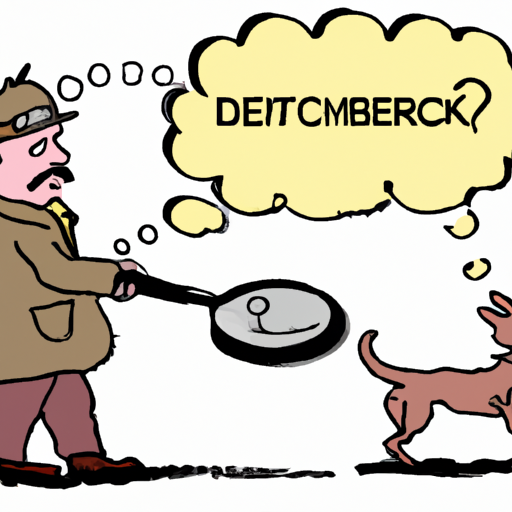As a caring dog owner, you may have noticed an unpleasant smell emanating from your dog’s rear end. It’s a common issue, and understanding the reasons behind it can help you provide the best care for your furry friend.
Understanding Your Dog’s Anal Glands
Anal glands, also known as anal sacs, are two small, pea-sized glands located just inside your dog’s anus. These glands produce a highly pungent fluid that your dog uses to mark territory and communicate with other dogs.
These glands should empty naturally when your dog defecates. However, if they become blocked, the fluid can build up and create a noticeable smell.
Common Causes of Anal Gland Issues
- Diet: A poor diet can lead to soft stools, which may not adequately express the anal glands.
- Weight: Overweight dogs are more prone to anal gland issues as excess fat can constrict the glands.
- Allergies: Allergic reactions can cause inflammation, leading to irregular gland activity.
- Infections: Bacterial or yeast infections can cause foul odors and discomfort.
Symptoms of Anal Gland Problems
Your dog may exhibit one or more of the following symptoms if they are having anal gland issues:
- Scooting or dragging their butt on the floor
- Excessive licking or biting at the anal area
- Swelling or redness around the anus
- Difficulty sitting or defecating
How to Help Your Dog
As a responsible caregiver, there are a few things you can do to address this issue:
- Change their diet: Feed your dog a high-fiber diet to help firm up their stools.
- Help them lose weight: Regular exercise and portion control can help your dog maintain a healthy weight.
- Regular checks: Regular vet checks can help catch any potential issues early.
- Professional help: If the problem persists, consult a vet. They may perform an anal gland expression or suggest other treatments.
| Action | Benefit |
|---|---|
| Diet Change | Firms up stools |
| Weight Loss | Reduces gland constriction |
| Regular Checks | Early detection of issues |
| Vet Consultation | Professional diagnosis and treatment |
Frequently Asked Questions
Q: Can I express my dog’s anal glands at home?
A: Yes, but it’s recommended to have a vet or professional groomer do it as it can be an uncomfortable process for your dog.
Q: How often should my dog’s anal glands be expressed?
A: Most dogs don’t require regular anal gland expression. If your dog has recurring issues, your vet may suggest a regular schedule.
Q: Can a diet change help with anal gland issues?
A: Yes, a high-fiber diet can help firm up your dog’s stool, which can naturally express the anal glands.
Remember, as a caregiver, your dog’s health and comfort should always be a priority. By understanding why your dog’s butt may smell and taking appropriate actions, you can help keep your furry friend happy and healthy.



